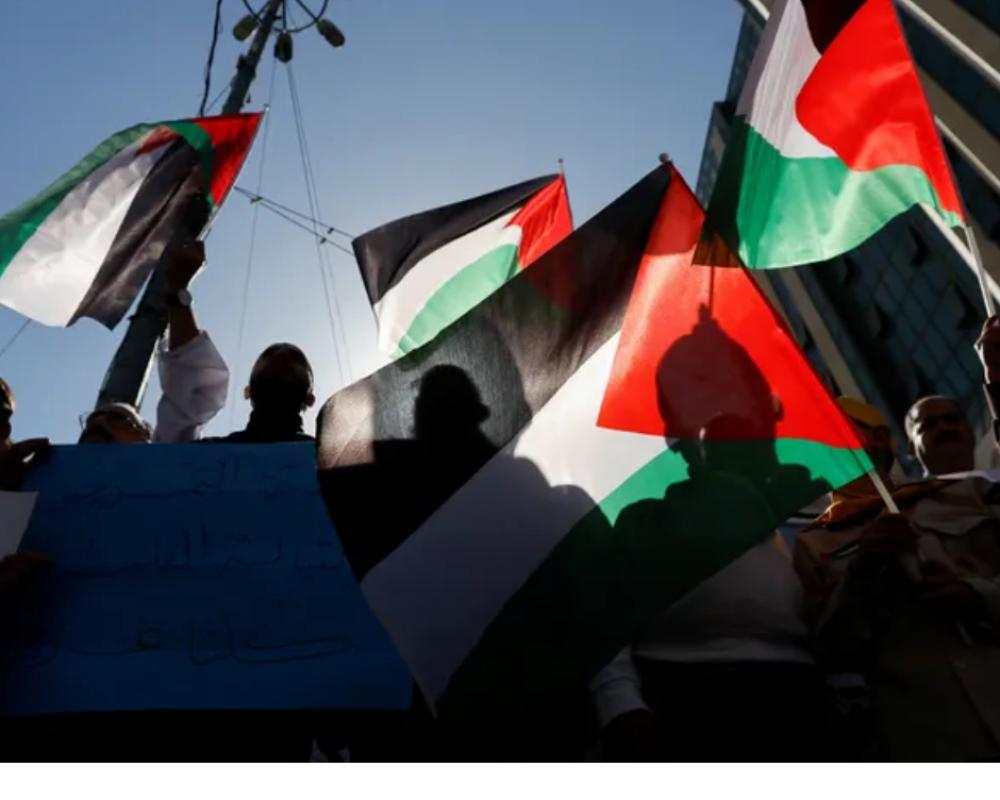
Gaza City /PNN/ March 6, 2025
An overwhelming majority of Palestinians in Gaza support a Palestinian-led administration to govern the strip following the recent Israeli offensive, with preference given to a national unity government, according to a new public opinion poll conducted by the Arab World for Research and Development (AWRAD).
The survey, conducted between January 24 and 26, 2025, among 600 Gazans, revealed that 96% of respondents favor a Palestinian system of governance for Gaza's long-term future. Of those, 53% expressed support for a national unity government, while 26% preferred a technocratic administration made up of independents, and 16% supported a Palestinian committee backed by Arab and international entities.
Short-Term Administration
In the immediate aftermath of the war, 75% of respondents backed the Palestinian Authority (PA) to manage Gaza's affairs during the transitional period.
The PA's return was also seen as a realistic and implementable option by 73% of participants.
A smaller majority of 59% supported the idea of a special Palestinian committee with international backing to administer Gaza, though only 58% believed it was a feasible option. Meanwhile, 20% of Gazans favored Hamas to lead the administration, but only 31% saw this as a viable solution.
The survey highlighted widespread opposition to external administration. 88% of respondents rejected Egyptian management, 85% opposed other Arab states taking charge, and 70% were against the United Nations leading Gaza’s affairs.
Limited Awareness of Community Support Committee
The poll also indicated low public awareness of the Community Support Committee (CSC) – a body proposed by Palestinian and Arab entities to provide interim governance. 85% of respondents said they had no or limited knowledge of the committee, while only 15% claimed moderate or extensive familiarity.
Preferred Leadership Figures
When asked who they trusted to lead Gaza's transitional government, 39% named exiled Palestinian leader Mohammad Dahlan, followed by 23% who favored President Mahmoud Abbas.
Other notable figures included Mustafa Barghouti (14%), Khalil Al-Hayya (8%), and former Prime Minister Salam Fayyad (7%). Notably, 7% of respondents expressed distrust in all listed figures.
Methodology
The survey was conducted through face-to-face interviews using tablets across Gaza's five governorates, excluding northern Gaza due to ongoing Israeli restrictions. The sample was stratified by displacement patterns tracked by the UN Office for the Coordination of Humanitarian Affairs (OCHA) and the University of Oxford's Gaza Now Pop project.
The results carry a margin of error of ±4% and a 95% confidence level.
The findings are part of the third installment in AWRAD’s "The Day After" series, which aims to capture Palestinian public opinion on Gaza’s future amid the post-war humanitarian crisis.
The next report in the series will focus on public attitudes toward national elections as a path to reconciliation and long-term governance.